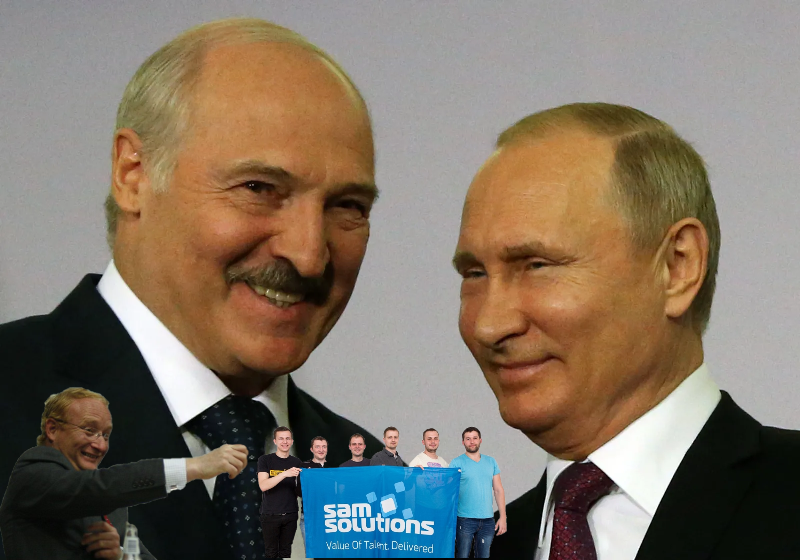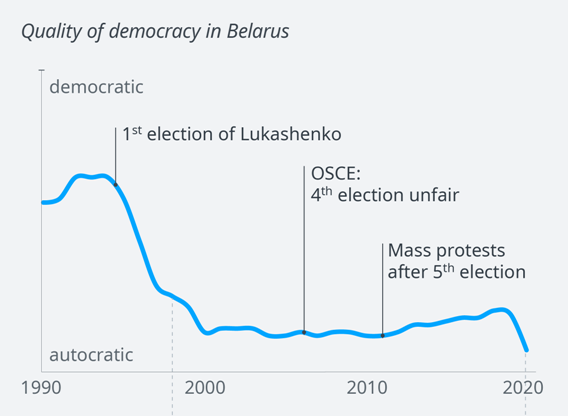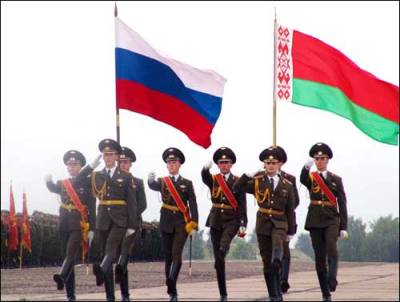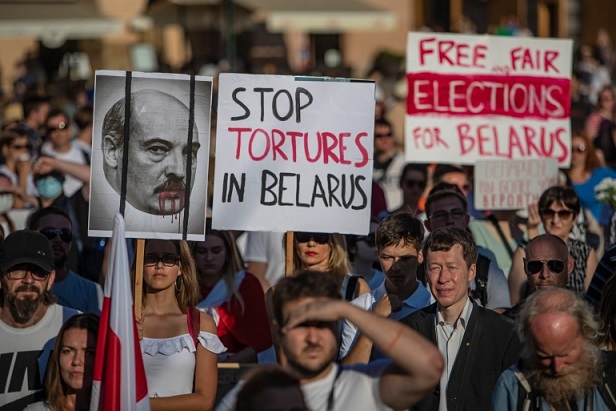

Does the tantrum-prone “Child of the Carnation Revolution" intend to review the EPO’s Belarusian “outsourcing” arrangements or will he allow the organisation to remain a surreptitious fellow-traveller of post-Soviet despots like Lukashenko and Putin?
The EPO’s decision to farm out the development of its in-house software to the "outsourcing heaven" of Belarus probably seemed like a good idea back in the day.
"Campinos is unlikely to care where the EPO's software is developed as long as "the price is right". So it's not really surprising that he never bothered to review the “outsourcing” arrangements put in place during the Battistelli era."Battistelli's successor Campinos is also known to have form when it comes to "outsourcing" IT services. This is shown quite clearly by his track record at the EUIPO.
Campinos is unlikely to care where the EPO's software is developed as long as "the price is right". So it's not really surprising that he never bothered to review the “outsourcing” arrangements put in place during the Battistelli era.
A decade or so ago, the "competitive rates" offered by the "residents" of the Belarus Hi-Tech Park would have sufficed to make "a compelling business case" for such outsourcing.
But circumstances have changed dramatically since then.
"At this point, apologists for the EPO are likely to ask why the organisation's relationship with a Belarus software development company should be considered problematic."Against the backdrop of recent events – in particular, Russia's "special military operation" against the Ukraine – the EPO’s Belarusian “outsourcing” arrangement is beginning to look like a very imprudent and risky undertaking.
At this point, apologists for the EPO are likely to ask why the organisation's relationship with a Belarus software development company should be considered problematic.
The short answer here is that Belarus is a country ruled by an autocratic despot whose regime "lacks any democratic legitimacy".
Just in case there's any doubt about it, we're talking here about a regime that has been repeatedly condemned by the EU for "serious human rights violations" and "the violent repression of civil society, democratic opposition and journalists".
It is generally recognised that since Lukashenko was first elected in 1994, the quality of democratic governance in Belarus has been in continuous decline. Lukashenko consolidated and extended his powers by means of a number of controversial constitutional “reforms” in 1996, which effectively subordinated the parliament and the judiciary to his rule.

Belarus and its inexorable descent into autocracy under Lukashenko.
Source: www.dw.com
"It is generally recognised that since Lukashenko was first elected in 1994, the quality of democratic governance in Belarus has been in continuous decline."When the original EPO outsourcing contracts with SaM Solutions were concluded a decade or more ago, Lukashenko was in the process of "techwashing" his autocratic regime. His strategy in those days was to rebrand himself as a "reformer" who was leading his country into the new millennium by successfully transforming a backward post-Soviet "basket case" into a modern hi-tech pro-business utopia for foreign investors.
However, the rigged Presidential election of 2020 and the subsequent brutal crackdown against opposition protestors dispelled those illusions and led to Belarus being ostracised as a "rogue state" by most democratic countries, in particular those of the European Union.
"When the original EPO outsourcing contracts with SaM Solutions were concluded a decade or more ago, Lukashenko was in the process of "techwashing" his autocratic regime."In October 2020, the European Council - the body which defines the EU's overall political direction and priorities - imposed sanctions on Belarus for "repression and election falsification".
Less than a year later, in June 2021, the European Council imposed further sanctions in response to what it described as "the escalation of serious human rights violations in Belarus and the violent repression of civil society, democratic opposition and journalists”. The trigger on this occasion was “the forced landing of a Ryanair flight in Minsk on 23 May 2021 and the related detention of journalist Raman Pratasevich and Sofia Sapega".
Undeterred by EU and US disapproval of his actions, Lukashenko proceeded to further tighten his grip on power in February of this year by means of a new constitutional amendment which, amongst other things, granted him lifelong immunity from prosecution.
"Ukrainian military intelligence recently claimed that in the autumn of 2020 the Russian authorities had drawn up plans to launch a full-scale military invasion of Belarus in the event that Lukashenko could not manage to suppress the opposition protests using his own resources."In the meantime, the Belarus regime has been playing an active part in Russia's ongoing "special military operation" against the Ukraine. The constitutional amendment of February 2022, which was passed shortly after the Russian offensive had started, effectively permits Russian troops and nuclear weapons to be stationed in Belarus.
It is worth recalling here that, since 1999, Belarus has been part of a supranational political union with Russia - the so-called "Union State". Under the terms of this "union", Belarus formally retains its independence. However, in reality, the agreement makes Belarus subordinate to its larger and more powerful neighbour.
Ukrainian military intelligence recently claimed that in the autumn of 2020 the Russian authorities had drawn up plans to launch a full-scale military invasion of Belarus in the event that Lukashenko could not manage to suppress the opposition protests using his own resources.

Since 1999 Belarus has been in close political partnership with Russia – as part of the so-called "Union State".
"The EPO’s outsourcing “partnership” with SaM is a matter for concern on many levels."As far as can be determined, the senior management of SaM Solutions - is "loyal" to the Belarus regime. In any event, it has never made any identifiable efforts to publicly distance itself from Lukashenko and his despotic style of governance.
The clearest indication of SaM's loyalty to the regime is the fact that its management made no effort to relocate operations in the wake of the brutal crackdown of 2020. The company remains a "resident" of the Belarus Hi-Tech Park and its main "delivery center" is still located in Minsk.
The EPO’s outsourcing “partnership” with SaM is a matter for concern on many levels.
"Unfortunately, the EPO's reliance on Microsoft for its recent "cloud migration" project suggests that the organisation’s management doesn't take issues like IT security and "digital sovereignty" very seriously."Leaving aside the ethical and political questions which such an arrangement raises, it is clear that it also involves serious security risks for the organisation’s IT systems.
Unfortunately, the EPO's reliance on Microsoft for its recent "cloud migration" project suggests that the organisation’s management doesn't take issues like IT security and "digital sovereignty" very seriously.
Even more worryingly, the organisation's governing body - the Administrative Council - appears to be asleep at the wheel and has shown itself to be completely incapable of exercising effective oversight when it comes to such matters.

EPO management appears to have no qualms about outsourcing the development of its in-house software to a company based in a "rogue state" which has been condemned by the EU for "serious human rights violations" and "the violent repression of civil society, democratic opposition and journalists".
"The facts on the ground - as reported in the present series - show that the EPO’s Belarusian "outsourcing" arrangement needs to be reviewed as a matter of urgency."However, it’s by no means certain that the potty-mouthed and tantrum-prone "Child of the Carnation Revolution" will be capable of “walking the walk” on this one.
Based on his performance to date, Campinos seems far more likely to continue “talking the talk” for public consumption, while permitting the EPO to remain a surreptitious fellow-traveller of post-Soviet despots like Lukashenko and Putin. ⬆